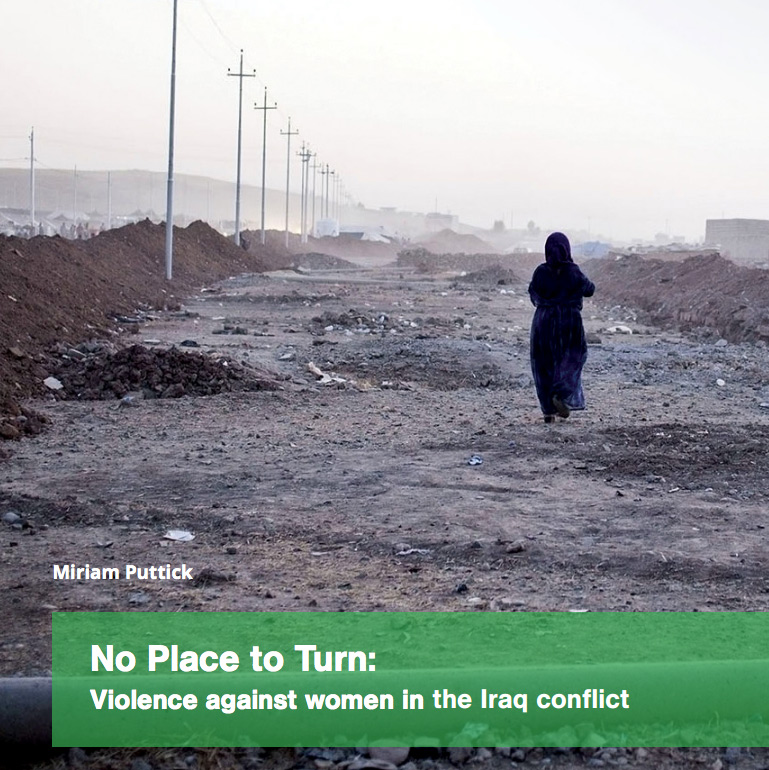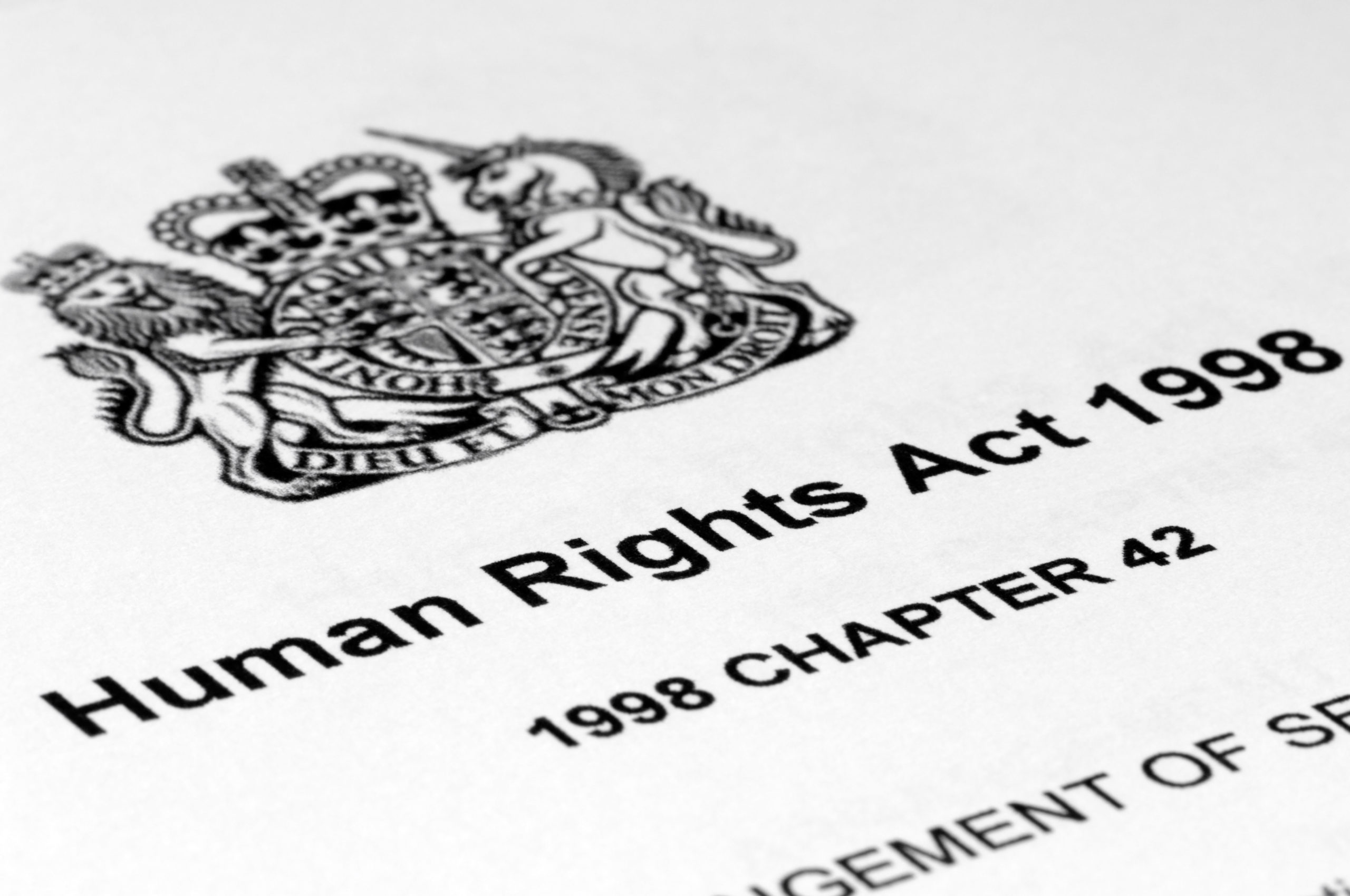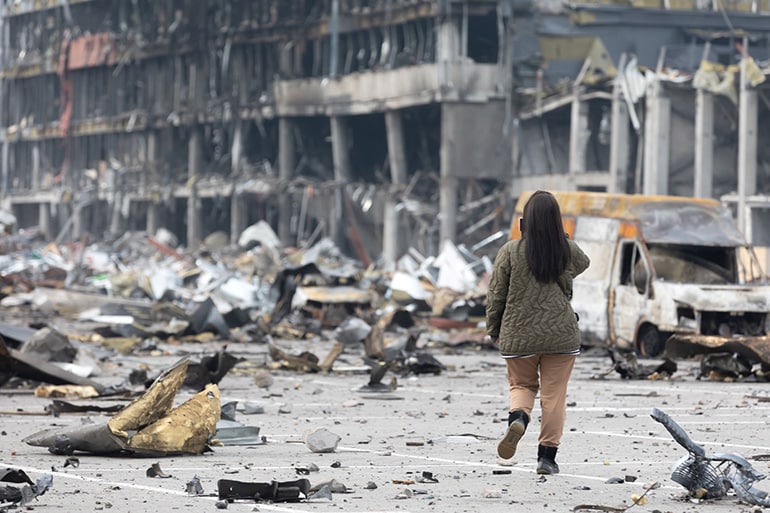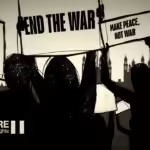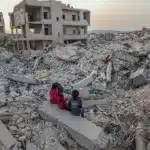The armed conflict in Iraq has led to the violent deaths of approximately 14,000 women since 2003. Whether driven by political, ‘moral’ or sectarian motives, attacks on women have become a tactic of war used by parties on both sides of the conflict.
In addition to the women killed in bombings, shelling and air attacks on civilian areas in Iraq, women have been deliberately targeted for assassination by both pro-and anti-government militias across the country. Shi’a and Sunni militias have also perpetrated mass extra-judicial executions of women for perceived transgression of moral codes.
February 2015
PDF of report: No Place to Turn: Violence against women in the Iraq conflict
The armed conflict in Iraq has led to the violent deaths of approximately 14,000 women since 2003. Whether driven by political, ‘moral’ or sectarian motives, attacks on women have become a tactic of war used by parties on both sides of the conflict.
In addition to the women killed in bombings, shelling and air attacks on civilian areas in Iraq, women have been deliberately targeted for assassination by both pro-and anti-government militias across the country. Shi’a and Sunni militias have also perpetrated mass extra-judicial executions of women for perceived transgression of moral codes.
A further 5,000–10,000 women and girls are estimated to have been abducted or trafficked for sexual slavery, prostitution or ransom. Both fear of the police and considerations of family ‘honour’ contribute to widespread under-reporting of female disappearances and prevent more precise estimates of the scale of the problem, but hundreds every year are trafficked in Baghdad, northern cities and onwards to Syria or the Gulf states. At least 3,000 women and girls were kidnapped in 2014 by the Islamic State of Iraq and Al-Sham (ISIS), but over six months later there is little evidence of any concrete measures taken by either the Iraqi federal government or the Kurdistan regional government to secure their release.
The fighting in Iraq has generated mass population displacement and created tens of thousands of widows and female-headed households, escalating women’s vulnerability. Weaknesses in the Iraqi laws criminalizing violence against women are compounded by systematic failures by the Iraqi police and justice system. Once a woman becomes a victim of sexual violence or is forced to flee her home, she has no place to turn.
This report recommends:
- Reforming the Iraqi Penal Code to ensure that violence against women is adequately penalized
- Carrying out thorough and impartial investigations into crimes against women, including crimes committed by members of the police, security forces, and non-state militias
- Increasing the recruitment of women in the police force, and providing all police units with appropriate training
- Implementing recent legislation to combat human trafficking and treating trafficked women as victims rather than penalizing them
- Improving cooperation between the Iraqi federal government and the KRG to secure the release of women and girls abducted by ISIS.

